Semantic Keyword Research: what is and how to use it for SEO (in 2020)
Lately this year in 2020, the SEO and Content Marketing world changed drastically compared to it’s past. It is evolving and changing more rapidly than ever, and following the search engines quality guidelines is everyday a little harder.
Since Bill Gates, content is becoming “more king” than ever, but more importantly relations between words and concepts within the same content are today very important.
Since their introduction in the Google’s searching technology, search algorithms such as Google’s Panda (4.0), Hummingbird and other developements after them, can now help Google to better understand content, find semantic relations between words and concepts, and extract meaning from content itself. One of the algorithms Google uses for this purpose is LSI (Latent Semantic Indexing).
Google then uses all of this technology to find the most relevant search results for the user search query.
What is Semantic Keyword Research and how it works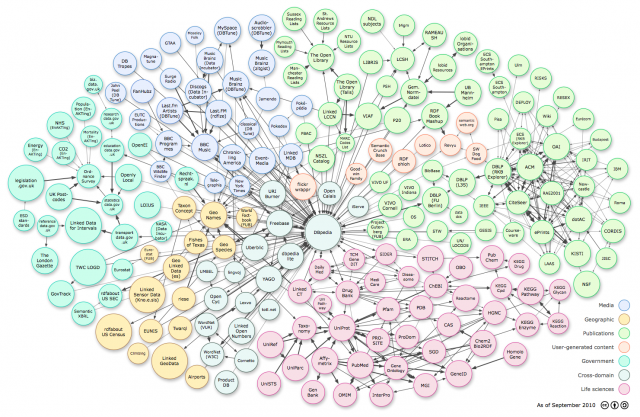
In today’s search engines technology, keywords are related to semantic search and user’s search intent.
But what actually is semantic keyword research for writing better content that ranks on search engines?
Basically, what semantic search does is to try guessing what users are looking for on the web when they search for a particular query (or keyword). We can identify this as “user intent“.
Let’s make an example:
If I type in the word “pasta”, the meaning of my search, my “intent” (what information I wanted to get from that query) could be different. Probably I am looking for new types of pasta to buy? Or maybe I need to find some pasta receipes? Or am I looking for pasta ingredients, calories and diets? Google don’t know the answer. Unless (and until) I do refine my search.

What actually really happens is that (in the real word) most people do not search on Google by using only one keyword, because more specific queries, with 2 or 3 search terms, can help Google show us the best results from our search. In fact, users will type the first query, then, if not satisfied with results, they will try with a new search, to get more specific answers.
Search engines got much better in finding you good risults. They look at what kind of keywords you entered, what your intent could have been, and looks through your search and browsing history to get you the best possible results more relevant to your query.
After that, Google search through it’s index and finds the most relevant content, looking for many factors. One of today’s most important factors that let’s Google determine which are the most relevant results for the user’s query is terms and concepts correlations within your content words.
For example, in a content that is about “pasta” I should also include words that are related to the topic (entity) “pasta”, such as “tomato souce”, “water”, “boil”, and so on.
Using those words in my content I will “tell Google” that my content is relevant for a search related to “pasta”, as it contains many of the words that could satisfy the user search intent and needs.
How you can use Semantic Keyword Search for SEO and higher rankings
In your SEO and content marketing campaigns semantic research means identifying the keywords and topics related terms by understanding user’s intent in the query searched for. So for example, if I am writing an article about “Pasta receipes”, what I need to do is to identify which user’s intent I am targeting (like users that want to make new dishes with pasta as they want to taste different flavours), then get my content to satisfy this user needs.
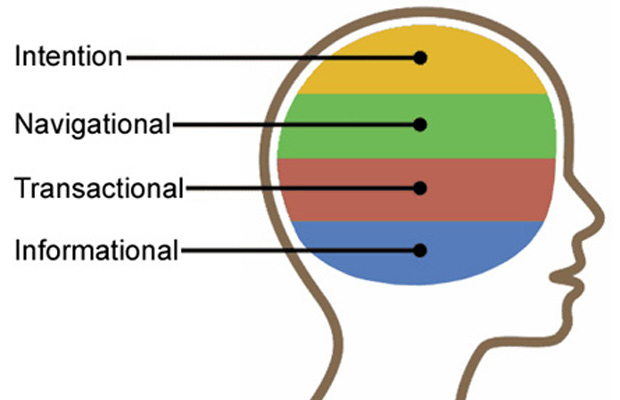
A Search Engine Optimizer tries to find keywords that can send it’s website tons of traffic. But by doing so, SEOs and content marketers forget that there are long tail keywords, and especially related keywords that must be included within the content in order to prove that content to be relevant, and rank well for that high volume traffic keyword we are targeting.
While doing semantic keyword research, in fact what I actually do is to build a dataset of related terms or words that are meaningfull and strictly correlated to the topic / keyword you are writing about in your content, and try to satisfy user’s intent by adding all those relevant words that could target differend sides of this intent / need. Basically, as an SEO (or a journalist / copywriter) your job is to get inside the user’s mind.
Benefits and why semantic keyword research is so important
There are a few valuable reasons why it is important to conduct semantic keyword research and why it is important to use it within your content.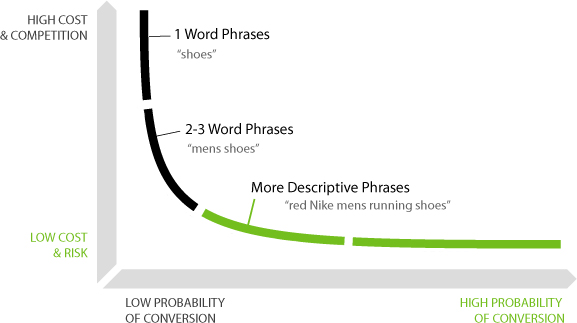
If you have a list of related keywords for your topic, you can use them within your content in several ways, first thing first you can enrich all of your content that is talking about that topic with all those related words. In this way, you confirm your topic / content relevance for search engines, which will be more likely to rank you on the first pages of their results.
There are also other benefits in adding topic related keywords to your content, and those benefits may include both PPC and SEO advantages.
First of all, you can benefit from related keywords for CTR purposes: this means that you can target user’s intent and needs by using those words. And in this way, you can write better content and improve CTR (click through rate) both in your SEO efforts (snippets in search engines results pages, such as titles and meta description) and in your CPC campaigns (again, using those words in titles and descriptions of your ads).
Using relevant related keywords within your content may let you also get advantages from Adwords algorithms, that will lower your CPC by giving high quality scores to your ads (as you will serve more relevant targeted landing pages for your audience).
Least, but not last, you can get better rankings with semantic related keywords within your content. Why? Because search engines will find more relevance in your content. Relevance to what? Relevance to the user’s intent, which will be more likely to find in your content what he/she is looking for. And if a user can find it’s needs within your content, Google will almost surely show that page to the searchers (at least this is what they claim they do).
Difference between “related keywords” and “semantically related words”, and how to find them
I’ve been looking for semantic keyword search tools for so long. But many of them does not really provide related “terms” that I could use within my content. All the near I’ve come with a semantic keyword research tool it’s not as much close as I wanted.
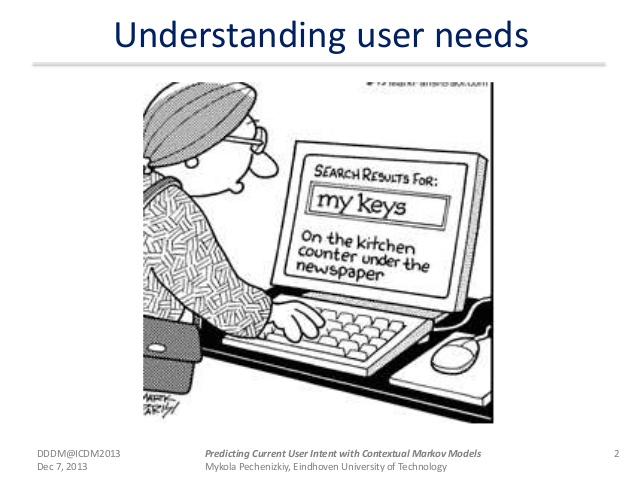
Many of those tools I’ve been working with, will give you related keywords. This means that those tools will give you great insights about the searches people do while searching for somenthing else. So for example, what Google suggest does, and Google related keywords does, is to provide keywords and queries that have been used from users that searched for another query (the one I added in Google’s search bar).
This means that, if I searched for “Pasta”, I may also search for “Pasta receipes” or “Pasta Calories“. Users that searched for pasta, may also be interested in those other suggestions, that Google provides to improve searcher’s experience.
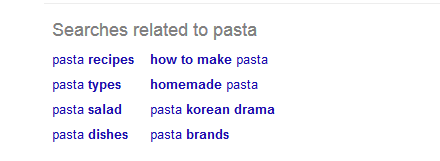
Now, these are awsome suggestions, that I could use to target more user’s intents. Unfortunately, I do not get related terms such as “Boil“, “Water“, “Tomato souce” and other related words that I should use within my content, but that those tools will never be able to provide.
So, what exactly is the difference between “related terms” and “related keywords”?
The answer is easy. While “related keywords” are queries that people actually use while doing their search, “related terms” are instead not used alone by the searcher. So, if I get as related keyword from Google suggestions “pasta receipes“, I may actually want to search for that keyword.
Instead, a related term such as “boil” will not be used by the searcher unless it’s intent is, for example, to learn “how much salt to put in the boiling water for pasta cooking“. Now you see that it is hard for Google and other tools that are based on related keywords research, to provide such indepth correlation between the searched query (let’s say “pasta”) and the word “boil”, extracting actual meaning from the query “pasta” to suggest relevant related concepts to the one I searched for.
But in any case, what Google wants from an indepth article is that, if I write a piece of content about “pasta receipes”, I will also have to add in my content the word “boil”, as it is strictly correlated to the query “pasta” (at least if I am writing on how to cook pasta)
Now, how do I conduct this kind of related words semantic search? Well, it’s not that hard, if you use the right tools 🙂
How to conduct semantic keyword research, and some useful tools
What I’ve recently seen on Google Search while searching for “semantic keyword research” is a Neil Patel article on Moz’s blog. Despite the authority of the author and of the website, unfortunately that blog post was not so helpful for me, even if all the things Neil said are worth and surely true.
While conducting semantic search, in fact, first of all, I will need to identify my target’s intent, when they will search for my piece of content. There are several main reasons why a user searches on the web (user needs / intent).
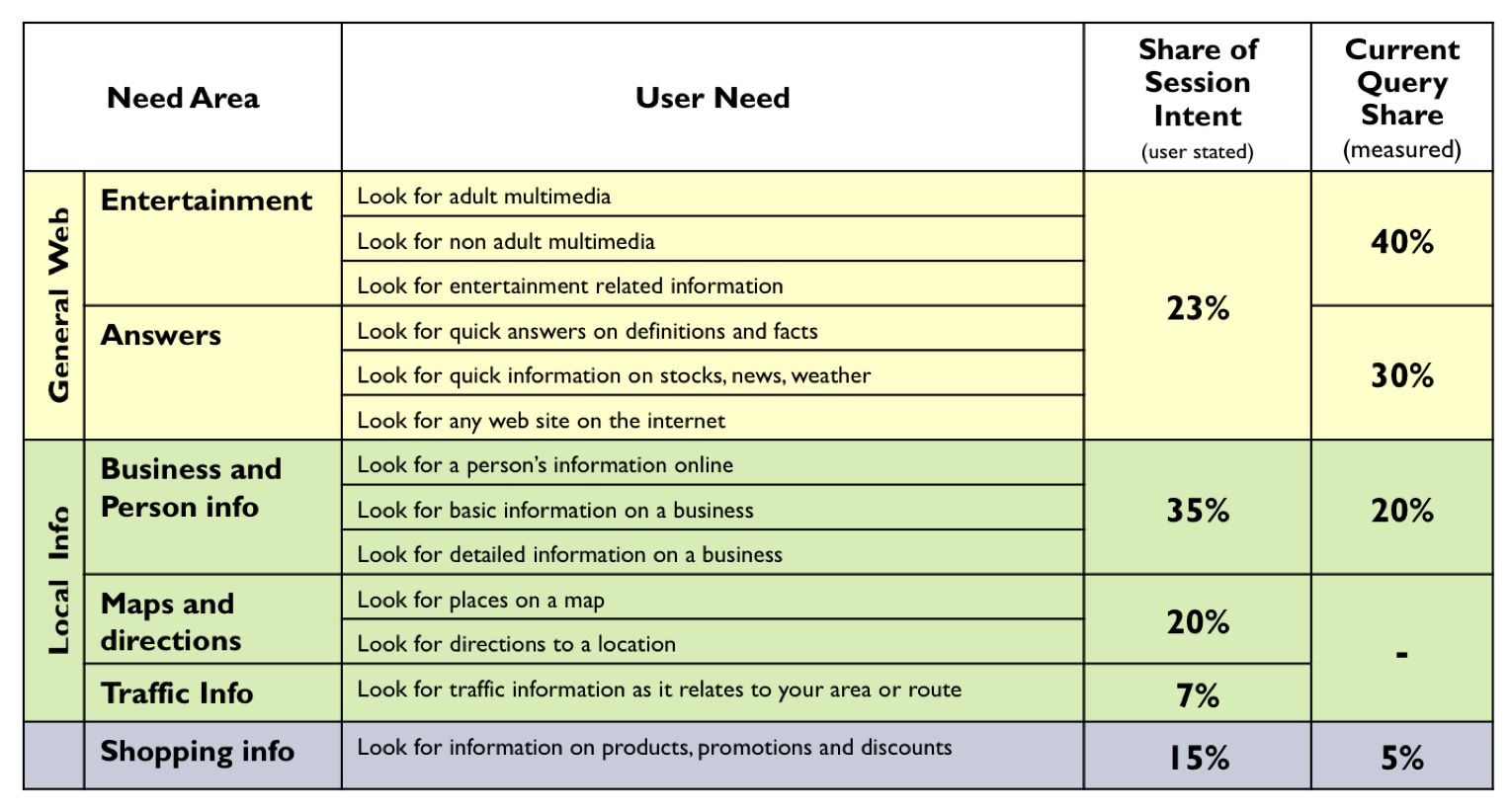
Let’s say it is all about “how to cook pasta”.
Once I’ve found my user’s intent, I can get a couple of related keywords that I could use to target them. Related keywords means that I will search through all suggestion tools (such as Google Adwords Keyword Planner, Google Search Trends, and many other similar tools) in order to get a few keywords with high search volume to write my piece of content about.
Here comes the hardest part. Let’s say I do not know anything about how to cook pasta. Google wants me to be a leader in the topic or field I’m writing about, else, it will be very hard for me to rank on the top10 results in Google’s first page.
In order to “become” an authority in that field I want to write about, I will need to do a lot of research. But, how Google finds how my content is “quality content” written from an authority in the field? Well, one of the (today’s most important) things Google looks at, are related terms, also called proof terms, that are words that must surely be used in my content if I’m talking about my topic.
Google relates entities (which are real world “things”) one to eachother by simply finding relations between topics. So for example, always talking about pasta, Google wants to find in my article terms that prove to be strictly related to the entity “pasta”, and that enrich my content with relevant information.
Now, how do I find or know those words, especially if I am not an expert in that field? Well, by doing semantic “keyword” research.
This means I need to learn as much as possible about my topic, that I will finally end up adding those words in my content, as those words are actually part of the topic itself, and cannot be excluded in anyway, if I know what I am talking about. Think about writing on “how to cook pasta” without talking about “salt“! I will end up eating some unpleasant pasta for sure.
Here are some tools that can help you, as Neil Patel suggests, in finding relevant terms for your content.
The only issue with those tools is that it still involves a lot of work, as those tools are not actually intended for semantic keyword search, but they’ve been built for other purposes.
Here are Neil’s tools examples:
1) Google (Advanced) Search
Google Advanced Search is a great “tool” for finding related keywords, but, as said at the beginning of this article, Google Search will not help me to find related words (the ones I need to write about within my content).

It will only give me suggestions on keywords that are searched from users that have searched my query. This means I can get the most from those keywords by optimizing one single article for one or more of them. But this also means that I will not enrich my content and make it more relevant unless I keep searching for my topic, in order to get relevant information to give to my users.
2) Web Trends
Trends are also a great way of finding opportunities, but it still is not as semantic (meaningful) as it should be. In fact, with all trends tools (such as Google Trends) I will get information on what interest people have around my topic.
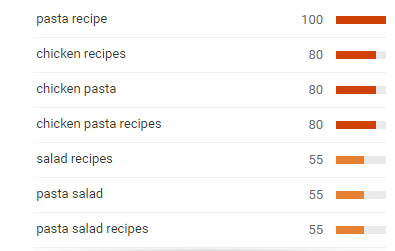
Still not enough if I need words to add to my content to make it relevant for Google and for users.
3) Social Networks
Social Networks are also a great way for finding relevant information, especially when it comes to getting the most shared content, that let’s me understand what’s the user’s interest around a topic. Unfortunately, both Moz + BuzzSumo (another great tool for most shared content on any topic) study (which shows no relations between shares and backlinks that content receive, as well as content top rankings vs most shared content), as well as an university research, show the inconsistence of shares, and their low to zero relation within search engines results pages (most shared content is not content found on Google’s first pages).
So, what do I do with those tools? How can I make my semantic search even more deep, and useful to write content on? The answer is: while those tools are useful before I start writing my content (researching interests and topics to write about), they won’t actually help me writing my piece of content.
The only tool available today for REAL semantic keyword research.
This semantic terms search is very though to do, as it requires a lot of time and effort. But what if there was a tool to automate this semantic search, and that will let me just focus on learning more about my topic? It will definitely be worth it’s price (if there would even be a price).
So the actual problem is that:
Semantic Related Terms Search requires a lot of effort and time!

I’ve been spending years finding such a tool, but with no luck. Until we finally decided to make our own semantic search tool, and leave it available for everyone who wants to use it!
What Keys4Up does is exactly this. It extract meaning from content, and it extract meaning from each query you enter, analyzing your query and giving you as a results all relevant terms that you could use in your content, to make it more relevant and indepth, just as search engines want it.
With Keys4Up semantic keyowrd research becomes easy as drinking a glass of water. I will show you how:
First, let’s enter our query (or topic) that we want to write about.
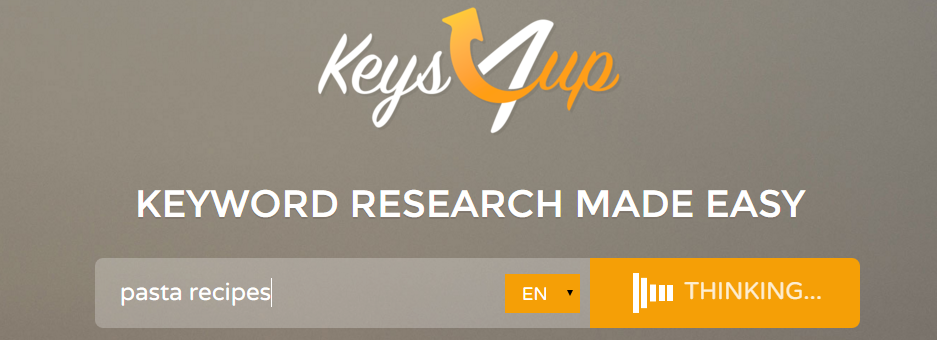
Keys4Up will give you many related terms to target our content with.
You can select and use all of those terms, or at least the most relevant ones, to enrich your content with more relevant related terms, that will make you target more user’s intents, and in this way hopefully find you a place in the Google’s top 10 results.
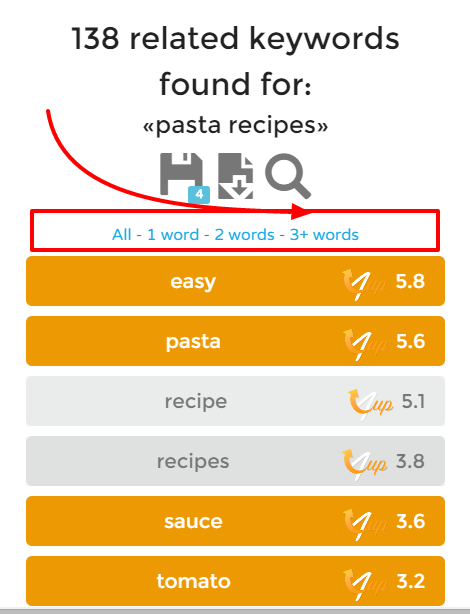 Once Keys4Up gives you the desired related terms suggestions, you can then sort results, and select only the terms more strictly related to the topic you searched correlations for.
Once Keys4Up gives you the desired related terms suggestions, you can then sort results, and select only the terms more strictly related to the topic you searched correlations for.
As humans, also robots may fail and give you some unrelated or too generic words suggestions, this is why you can select only the most relevant ones, as seen in the screenshot besides.
Also, as per the screenshot besides, you can choose from 2words or 3+ words suggestions, which may be even more targeted and useful while writing your content.
You can select those 2+ terms suggestions as well, and get the best results for your query saved all at once, with no need of further investigation. You can then only focus on finding and researching only the terms that are most relevant to your topic, as you already have words that can better target your users needs as well as search engines need for quality content and latent semantic indexing.
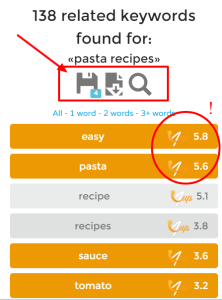 Once done with analyzing and selecting all the relevant suggestions, you can then export your selected keywords (or you can also export all keywords at once, for further analysis), and have them downloaded on your desktop as a CSV file.
Once done with analyzing and selecting all the relevant suggestions, you can then export your selected keywords (or you can also export all keywords at once, for further analysis), and have them downloaded on your desktop as a CSV file.
Another important thing to mention is the 4up index, which indicates the suggested repetition of a term within your content.
The 4Up index shows you basically how many times you should use the word within your content, in order to make it as much relevant as possible.
With Keys4Up you can finally automate your semantic keyword research, and become an authority in your niche market with ease, by adding relevant content that pleases users and search engines at the same time, by adding valuable words that can target many contexts and many user intents, if used wisely.
This is it for this article. Please feel free to share your thoughts (and love) with a comment below. Thanks!
Ultimi post di Eugenio Tommasi (vedi tutti)
- Top 5 Content Marketing Tools to Boost Content and Traffic - 7 Aprile 2021
- The best keyword Tools (free and paid) - 9 Novembre 2020
- Semantic Keyword Research: what is and how to use it for SEO (in 2020) - 22 Ottobre 2020
Thanks Eugenio, your post is really the best of today’s knowledge about semantics and SEO copywriting.
For your next post I would be curious to read more about finding those words that represent a “proof of the understanding” of your user’s needs.
Maybe those “hints” also can tell the difference between different sides of the main user intent and can disambiguate the meaning of the common words used in the content.
what I still do not understand is google’s way of linking the “user need” and the “article context”.
if i’m searching for new recipes with pasta, i will probably search for something like “great pasta recipes”. what are those words that help google decide what’s really “great” among a thousand pasta recipes ?
Hi Simone, thanks for your comment and for raising up such great questions. I’ll try to reply to all, as far as I may know.
Understanding the user’s needs requires that you know your user. This can be accomplished first of all by knowing well your topic and your target. This is a very interesting aspect of semantic search. Tools can only give you those “hints” and proof terms suggestions you’re talking about, but it’s only by understanding the topic you’re writing on, that you can get the most benefits from tools and the hints they provide.
As you said, those hints can then better disambiguate content against ambiguous words, and let you focus on different aspects of the same topic, thus having more chances to reach the user intent by covering what he is looking for.
I think Google does link user needs to the context both from user’s behavioral data (browsing history, etc.), and from the user query match within the content, as far as Google can understand it.
So, if you’re able to serve a user’s need by covering in your content the specific aspect of the topic he’s interested in, you’ll get the benefit from Google that found you can help the user finding what he’s looking for.
For instance, words such as “best” and “great” may be treated differenlty from Google, as in that particular case the user’s need is more general and ambiguous (or personal and subjective) and Google may want to take clues from other sources as well, such as comments, shares etc.
Differently, if someone is searching for “Cook carbonara without oil”, Google may send me traffic if I am talking in my article on how to cook pasta carbonara without using oil.
Really interesting stuff, I will definitely write more on this topic. I will keep you updated once it is ready.
Thanks again for sharing your thoughts on this. I hope to see you here soon. Happy searching! Keys4Up Tool